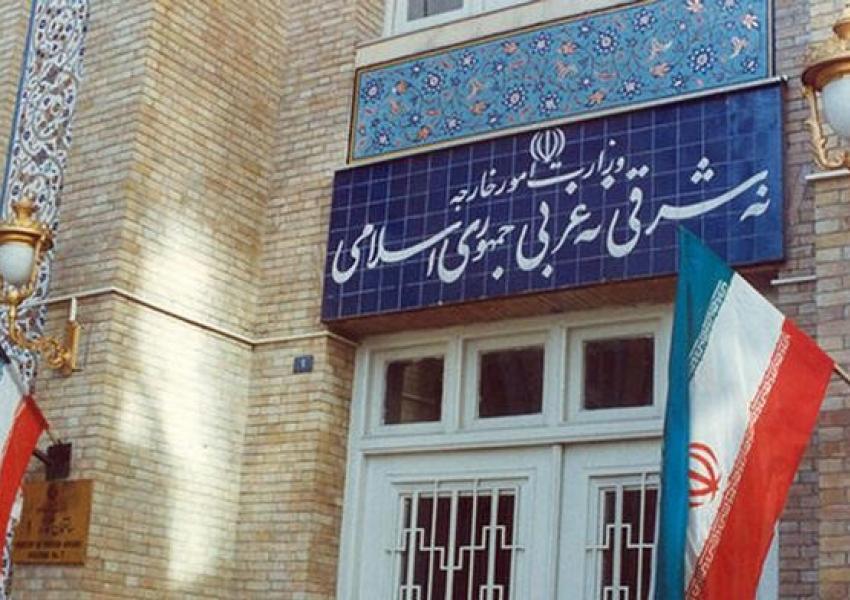
Iran Declares The Expiration Of UN Arms Embargo
The UN arms embargo and all the restrictions on the transfer of weapons from and to Iran and related services have automatically ended, according to a statement released in the early hours of Sunday, October 18, by the Foreign Ministry of the Islamic Republic of Iran.
The arms embargo, which was set to end on October 18, was part of Iran's 2015 nuclear agreement with world powers. The US attempted in the summer to extend the embargo but other signatories of the original deal opposed it.
The statement on the expiration of the UN sanctions comes at a time when the United States has already triggered the snapback mechanism of the Security Council and announced that all UN sanctions mentioned in the UN Security Council resolutions are back in place indefinitely. This means that the US will attempt to enforce the measures unilaterally, by possibly using secondary sanctions against companies and individuals who violate the restrictions.
In its statement, the Foreign Ministry of Islamic Republic also claims that the travel ban of some of the military and political officials and citizens of the Islamic Republic that was in place in all the member countries of the United Nation has also been automatically lifted.
The statement emphasizes: The United States must stop its destructive behavior regarding Resolution 2231 and return to compliance with its commitments to the UN charter and end its violations of international law and order.
The Islamic Republic also warned the US and other countries that "any actions in contravention to the Resolution 2231 and article 1 and its framework will be considered a violation of the spirit of the resolution and the goals of the nuclear deal (JCPOA) and Iran will reserve the right to necessary response to protect its national security.”
In Wednesday's cabinet meeting, President Rouhani stated: Those who claim the JCPOA has done nothing for us, here is an example. It removed the arms embargo and we can start buying weapons from anyone and sell weapons to anyone we want as of Sunday.
While Iran has a domestic arms industry, it still uses dated hardware like the F14 Tomcat, which first flew 50 years ago. Russia is a likely supplier, with Moscow and Tehran discussing supply of the S400 missile defense system.
The United States has unilaterally announced that all UN international sanctions against Iran have been restored after other members of the Security Council opposed the US move to officially declare Iran in violation of the 2015 nuclear agreement and reimpose those sanctions.
As well as US threats to sanction any arms supplier, Iran faces practical problems, at least in the short term. With diminished oil sales, and problems repatriating foreign exchange due to US financial sanctions, paying for weapons may be challenging.
Washington’s European allies, the United Kingdom, Germany, and France, as well as its rivals, Russia and China, have opposed the move.
China, Russia, and the E3 have repeatedly stated that since the US decided to exit the nuclear deal, it cannot legally trigger the snapback mechanism. The US has argued that as a signatory of the deal, it still has the right to do so.








